Lynx17 je napisao/la:
Popis Arsenala za taj UEFA Youth League:
Finska: 1
Svedska: 1
Spanjolska: 1
Grcka: 2
Cyprios: 1
Francuska: 3
Polska: 1
Rumunjska: 1
Nizozemska: 1
Treneri: Nizozemci (Frans de Kat, Andries Jonker)
Valjda je njima sram zbog toga.
Za razliku, Dinamo ima:
Austria: Goic (koji je naravno i Hrvat)
BiH: Gojak, Lelic
Spanjolska: Olmo
Hrvatska: 36
Trener takoder Hrvat (Mario Cvitanovic).
Ako nema u seniore (nazalost), barem ima u mlade kategorije.
Vidi cijeli citat
Englezi uvoze, Hrvati izvoze. Englezima je cilj dovesti najbolje što se može, Hrvatima prodati najbolje što se može. To bi objasnilo broj stranaca. Usto Englezi unatoč ogromnoj bazi igrača imaju podjednak broj mladih wunderkinda u odnosu na Hrvatsku. Time se da zaključiti da im nije teško odbaciti domaći otpad i dovoditi sa svih strana svijeta, jer šansa za uspjeh je veća. Nije sramota imati strance, ne znam tko tu činjenicu potencira samu po sebi. Problem je imati strance koji tu ne zaslužuju biti i koji guše domaće talente, čast iznimkama. Problem je što jedan Eduardo koji je užasavajuće loš vratar, usto skupo plaćen, ne samo da zauzima mjesto domaćim snagama, već mu se ukazuje čast nošenja kapetanske vrpce. To je uvreda svim mladićima koji se jednog dana nadaju uskočiti u prvu momčad. Stranac koji u 90 % utakmica pokazuje kurcobolju za nagradu još bude i kapetan.
[uredio el_pistolero - 15. rujna 2015. u 16:39]
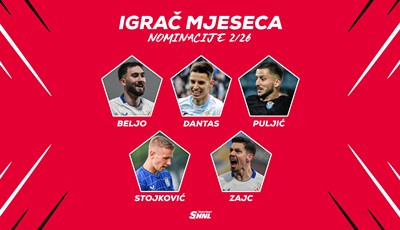
![[UŽIVO] VAR i Kolarić imaju pune ruke posla, Rijeka izjednačila iz kaznenog udarca!](/photos/_resized/522/43/0000000000522436_400_230_cut.jpg)
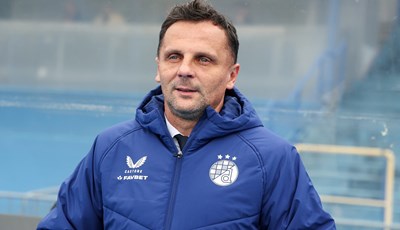
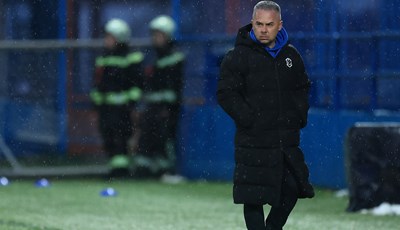
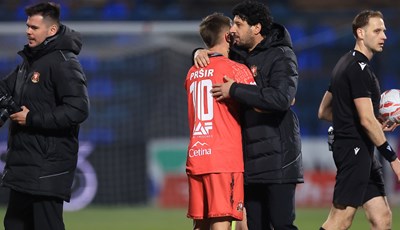
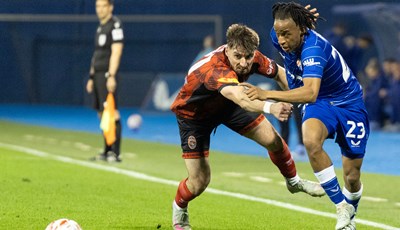
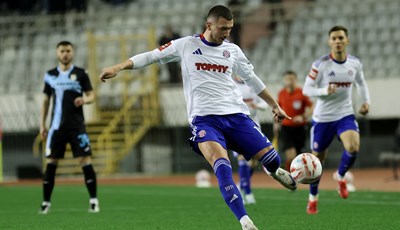
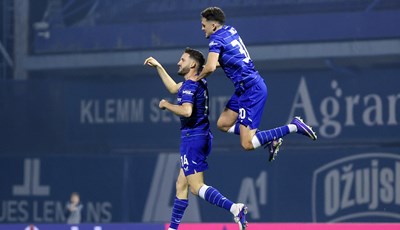

![[UŽIVO] VAR i Kolarić imaju pune ruke posla, Rijeka izjednačila iz kaznenog udarca!](/photos/_resized/522/43/0000000000522436_400_230_cut.jpg)
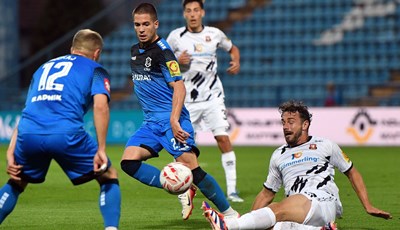

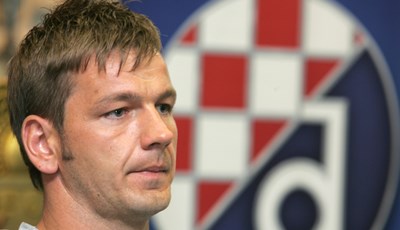

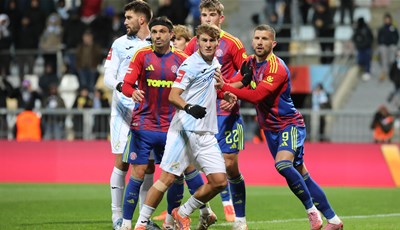
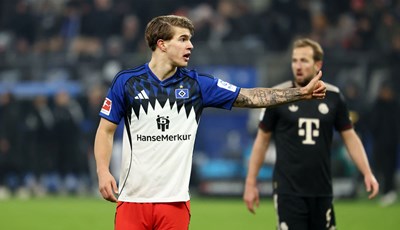




 Ko ide? namodigrebza?
Ko ide? namodigrebza? 


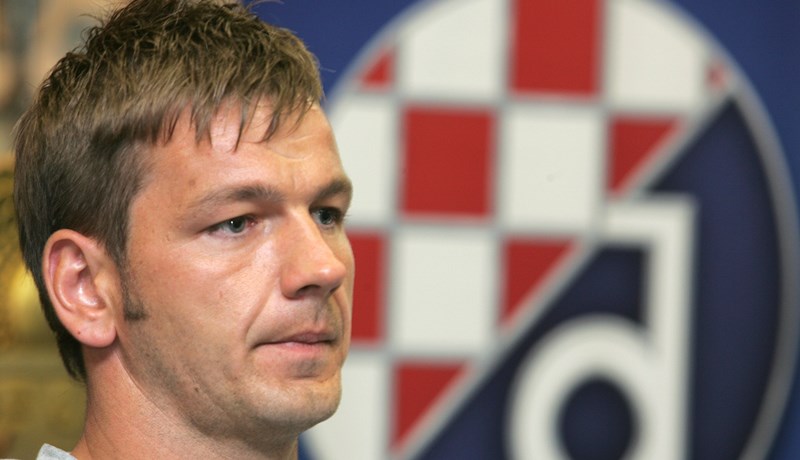
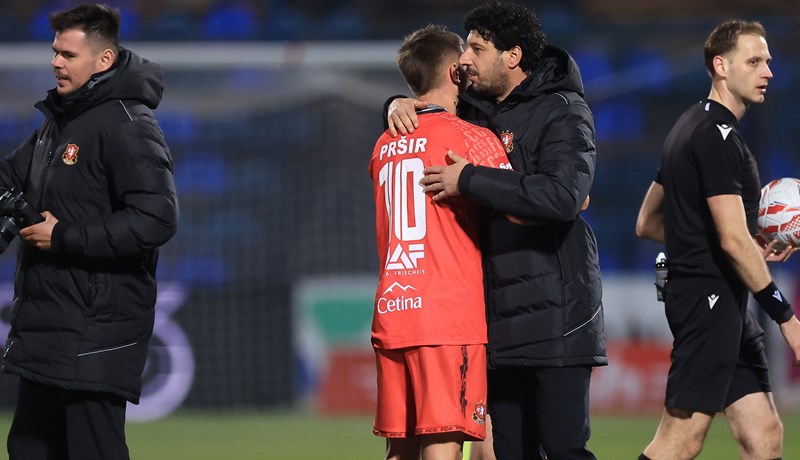
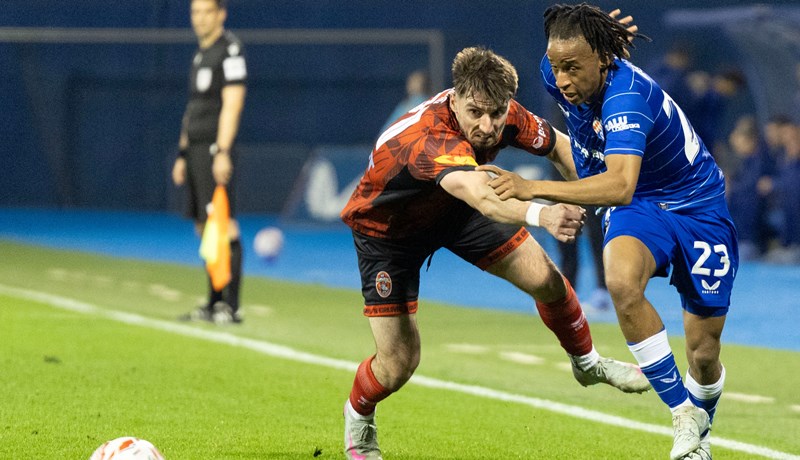
![[UŽIVO] VAR i Kolarić imaju pune ruke posla, Rijeka izjednačila iz kaznenog udarca!](/photos/_resized/522/43/0000000000522436_800_460_cut.jpg)